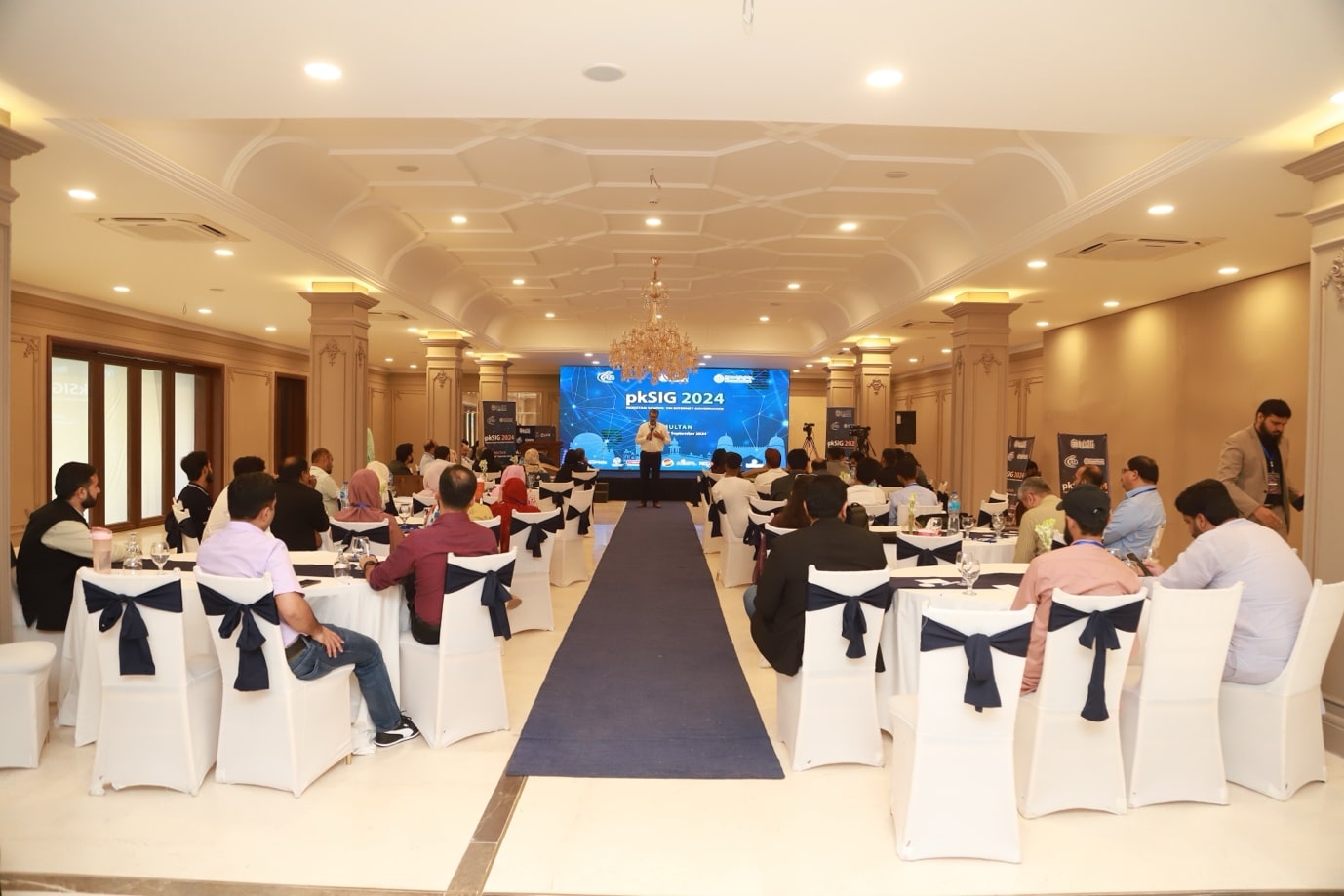Established in 2015, the Pakistan Internet Governance Institute (pkSIG) is the first “national” Internet Governance Institute in the Asia-Pacific region (and perhaps the world), and it is here to celebrate its 10th anniversary. Before pkSIG, the landscape was shaped by regional schools such as the Asia Pacific School of Internet Governance (APSIG). pkSIG set a precedent that inspired other countries to set up their own national schools; for example, India’s inSIG was launched a year later in 2016.The seeds of pkSIG were planted in Pakistan at the onset of 3G, which led to the “dotcom boom.” During this transition, some visionaries saw the need to strengthen Pakistani participation in multi-stakeholder international governance structures.It has decided to organize Pakistan School of Internet Governance (pkSIG) to promote awareness on various Internet governance standards (which anyone can participate in anywhere in the world) and to train the next generation of Internet leaders so that Pakistan can participate in the governance of the Internet world. Renowned teacher Dr. Arshad Ali chaired the 4-day pkSIG organized by the Higher Education Council. Internet Governance is a 3-4 day event where national and international experts will present lectures/conferences and discussions on various aspects of Internet governance including Internet governance ecosystem, I* institutions, cybersecurity, Internet policy, Internet trust and security, Internet standards/procedures, security, privacy and information, digital transformation, digital diversity including access to the Internet by people with disabilities), user rights etc. Network related governance.In Pakistan, pkSIG courses are offered free of charge to up to fifty (50) participants of different nationalities and interested in Internet governance. Participants are mostly university students and young professionals from civil society, academia, government, technology and the private sector; all are interested in creating Pakistan’s online future. 10 to 12 good students from the local community (only from outside the city where pkSIG is hosted) will receive scholarships covering accommodation and transportation expenses.At the end of each pkSIG, participants are also offered educational opportunities after pkSIG (e.g. scholarships and grants from various international organizations). Finally, pkSIG participants are given a certificate of participation, but this is only valid for those who attend each session.
Latest updates
I am an experienced content writer with a passion for crafting engaging and impactful content across various platforms. Skilled in audience research, storytelling, and SEO optimization. I am proficient in creating clear, concise, and compelling copy that resonates with readers. Strong ability to adapt tone and style to suit diverse audiences and brand voices. Dedicated to delivering high- quality content that drives results and enhances brand visibility.


Comments are closed, but trackbacks and pingbacks are open.